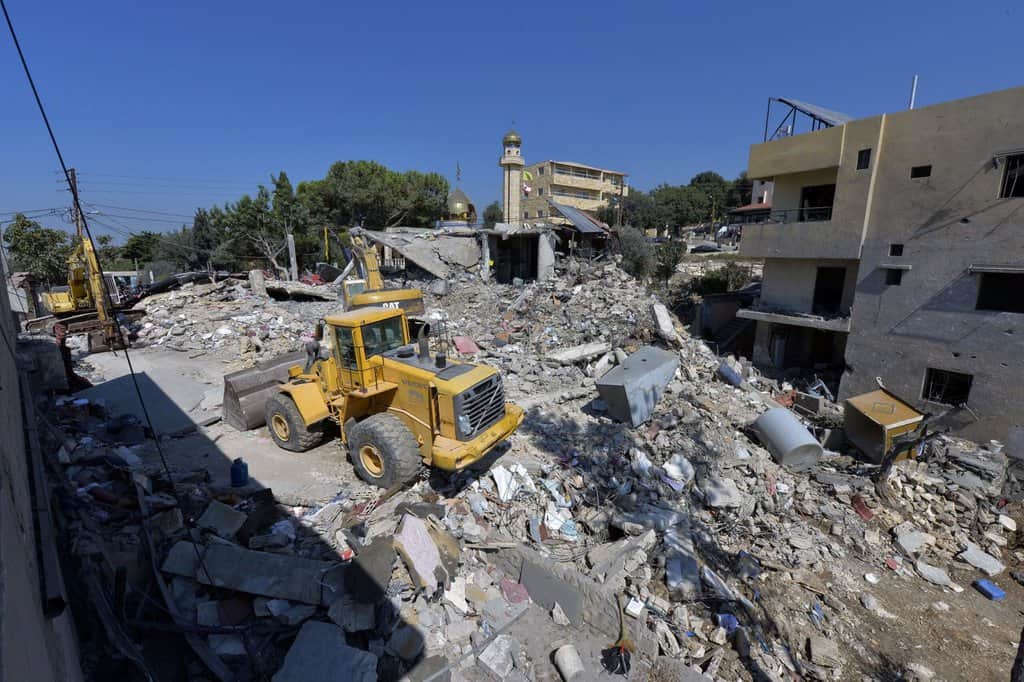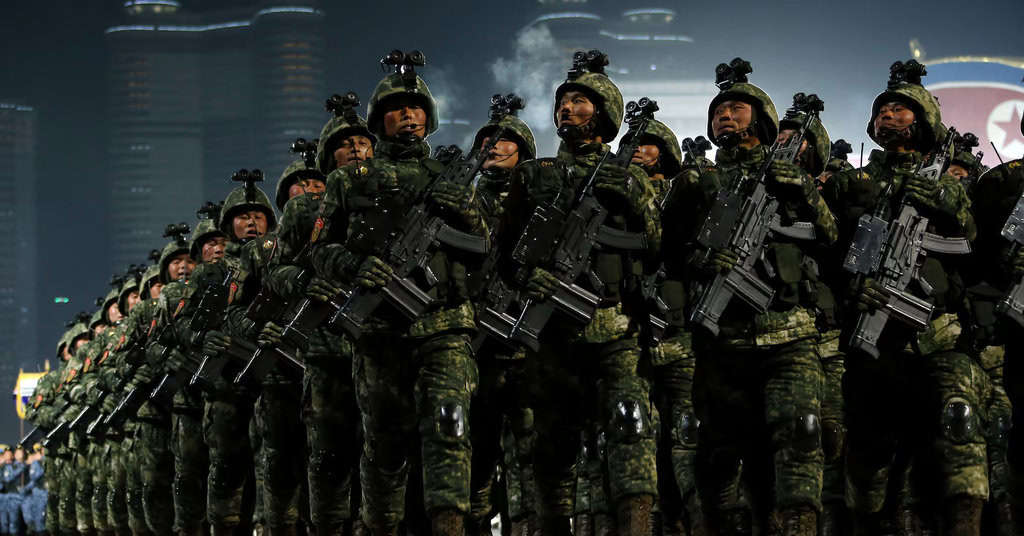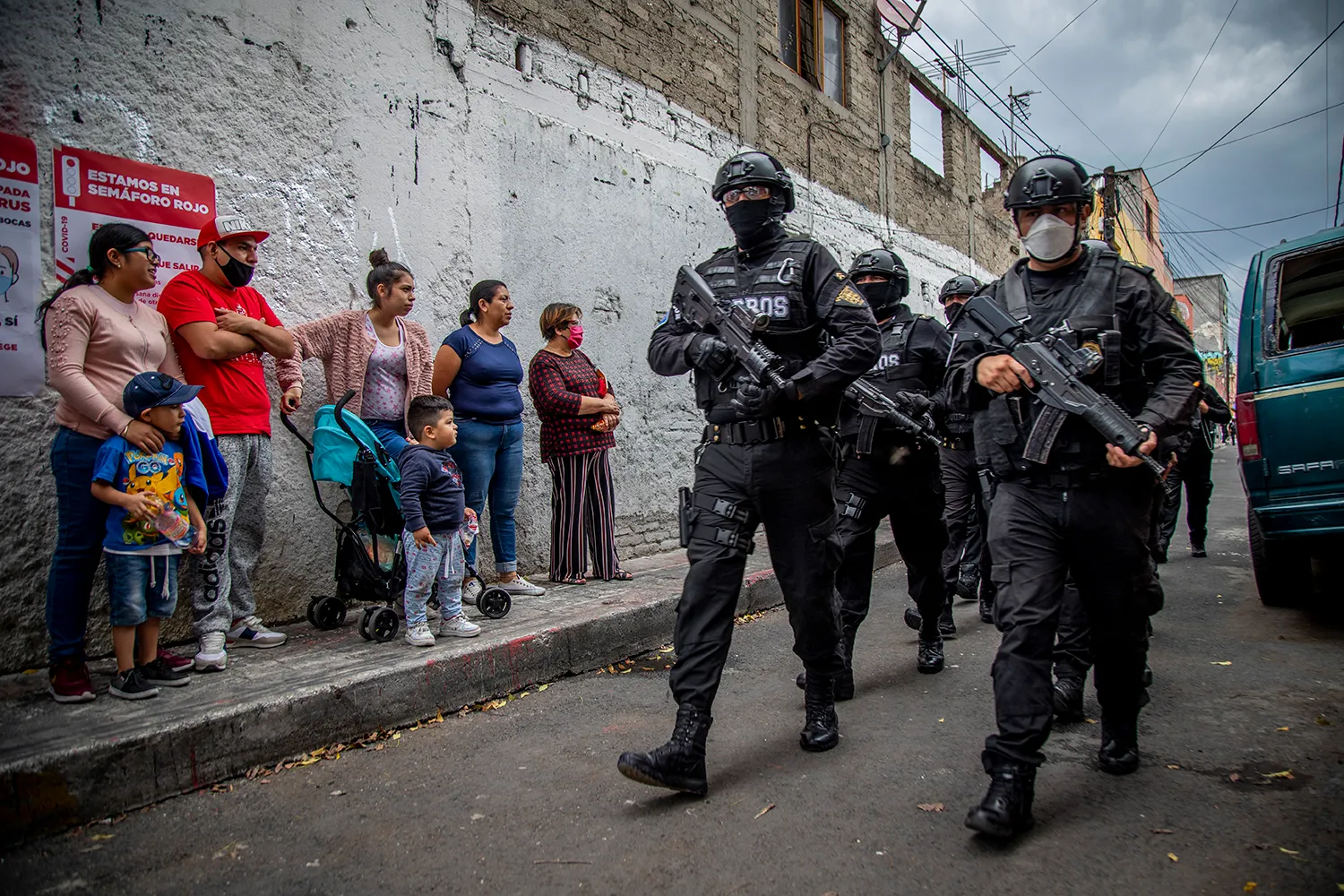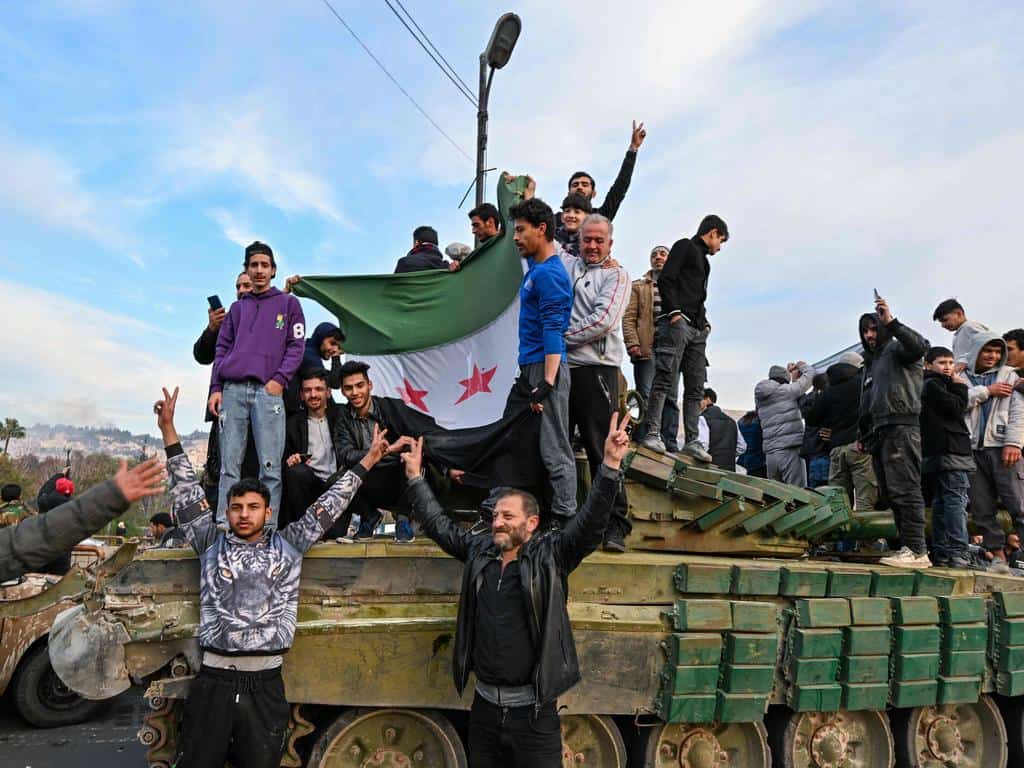In a significant escalation of conflict, Hezbollah is grappling with the aftermath of a major Israeli airstrike that has reportedly resulted in the death of its leader, Hassan Nasrallah. This incident represents a critical moment for the Iran-backed organization, which has played a central role in Lebanese politics and the broader Shia community in the Middle East for over 30 years.
A Catastrophic Strike on Hezbollah’s Heart
On Friday night, Israeli fighter jets conducted a precision strike on an underground Hezbollah compound in the southern suburb of Dahiyeh, a known stronghold of the group. Reports indicate that over 20 bunker-busting bombs were dropped on the location, leading to extensive destruction. Eyewitnesses described multiple explosions that shook the densely populated area, reducing several residential buildings to rubble and displacing many residents.
The immediate aftermath saw crowds gathering at the site, driven by a mix of concern for their loved ones and shock at the scale of destruction. Many locals sought to locate missing relatives amid the wreckage, while others engaged in prayers and reflections on the event’s significance.
The Implications of Nasrallah’s Death
The reported death of Hassan Nasrallah marks a substantial challenge for Hezbollah. As a leader, he has been a key figure not only within the organization but also in the wider regional context. His absence raises important questions about the future of Hezbollah’s leadership and strategic direction. Hashem Safieddine, the head of Hezbollah’s Executive Council, is seen as a potential successor, although there are unconfirmed reports regarding his status following the strike.
Hezbollah has faced leadership losses in the past, such as with the assassination of Abbas al-Musawi in the 1990s. However, this incident stands out due to the coordinated nature of the attack on its core leadership. Analysts note that the loss of key figures and the potential disruption of communication networks could impact the group’s operational effectiveness moving forward.
Continuity Amidst Chaos
Despite these challenges, it is anticipated that Hezbollah will make efforts to maintain operational continuity. The organization may look to appoint new leaders quickly and continue its resistance activities. Yet, the loss of established leaders complicates this process, and the ability to coordinate effectively may be hindered in the short term.
Iran, a key ally of Hezbollah, is likely to monitor the situation closely. The relationship between the two has been critical for both parties, and Iran’s response to these developments will be pivotal. Should Hezbollah’s stability appear threatened, Iran may consider increasing its support to safeguard its interests in the region.
The Broader Regional Context
The implications of Nasrallah’s reported death extend beyond Hezbollah and Lebanon. The group has been integral to Iran’s influence in the Middle East and has played a significant role in regional dynamics involving Israel and other actors. The potential reshaping of Hezbollah’s leadership could alter the balance of power in the area, raising concerns about increased tensions and military actions.
Furthermore, how Iran chooses to respond will be crucial. It faces a decision on whether to escalate its support for Hezbollah or to adopt a more cautious approach, weighing the potential risks and rewards of its involvement in the conflict.
Voices from the Ground
As the community processes these events, the emotional toll is evident. Local residents are navigating a mix of grief and uncertainty. Many supporters express their commitment to the ideals that Hezbollah has represented, emphasizing a desire to continue the struggle in light of these developments.
Statements from individuals reflect a strong sense of loyalty to the organization, even amid such tumultuous changes. The community’s resilience speaks to a broader commitment to the principles that have defined Hezbollah’s role in Lebanon, though the future remains uncertain.
A Pivotal Moment for Hezbollah
As Hezbollah faces the implications of this significant event, its ability to adapt and respond to the loss of leadership will be critical. The organization’s future trajectory remains uncertain, and observers will be keen to see how it navigates this challenging landscape.
In the wake of these developments, understanding the evolving dynamics of Hezbollah and its impact on regional stability is essential.





